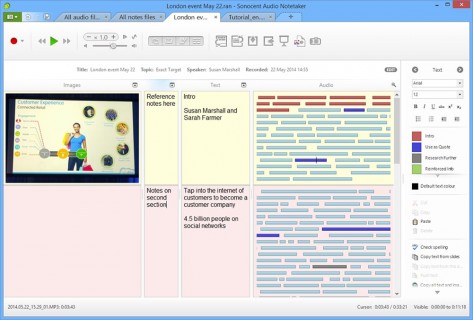
 provide assistive technology (such as a calculator, text-to-speech tools, and electronic dictionaries). providing visual prompts (such as highlighted text). changing presentation methods (from verbal instructions to repetition, text size, or shortened pages). variable work and test-taking settings (such as small groups, reduced distractions, and alternative furniture arrangements). The IDA recommends accommodations in areas such as: Most prominent educational testing centers (like SAT, ACT, PARC, and SBACC) make these available for most of the tests they offer.įor individual needs such as completing homework, casual reading, personal research, or anything else that requires significant amounts of reading, there is lots of help. In education, it is not uncommon to accommodate dyslexic students with special devices, additional time, varied format approaches (such as audio or video), and others. Individuals with this condition must instead develop coping strategies that help them work around their condition. … It is referred to as a learning disability because dyslexia can make it very difficult for a student to succeed… ” - the International Dyslexia Foundation Students with dyslexia often experience difficulties with both oral and written language skills.
provide assistive technology (such as a calculator, text-to-speech tools, and electronic dictionaries). providing visual prompts (such as highlighted text). changing presentation methods (from verbal instructions to repetition, text size, or shortened pages). variable work and test-taking settings (such as small groups, reduced distractions, and alternative furniture arrangements). The IDA recommends accommodations in areas such as: Most prominent educational testing centers (like SAT, ACT, PARC, and SBACC) make these available for most of the tests they offer.įor individual needs such as completing homework, casual reading, personal research, or anything else that requires significant amounts of reading, there is lots of help. In education, it is not uncommon to accommodate dyslexic students with special devices, additional time, varied format approaches (such as audio or video), and others. Individuals with this condition must instead develop coping strategies that help them work around their condition. … It is referred to as a learning disability because dyslexia can make it very difficult for a student to succeed… ” - the International Dyslexia Foundation Students with dyslexia often experience difficulties with both oral and written language skills. 
“Dyslexia refers to a cluster of symptoms, that result in people having difficulties with specific language skills, particularly reading.

Thankfully, the International Dyslexia Association sponsors an annual Dyslexia Awareness Month in October aimed to expand comprehension of this little-understood language-based learning condition.ĭyslexia is a condition that affects people of all ages, male and female equally, and causes them to mix up letters and words they read making what for most is a joy-filled act challenging and frustrating. Often, these go undiagnosed as students, parents, and teachers simply think the child is not a good reader, is lazy, or is disinterested. Surprisingly, 15-20% of the population has a language-based learning disability and over 65% of those are deficits in reading. Websites–for teachers to build websites.







 0 kommentar(er)
0 kommentar(er)
